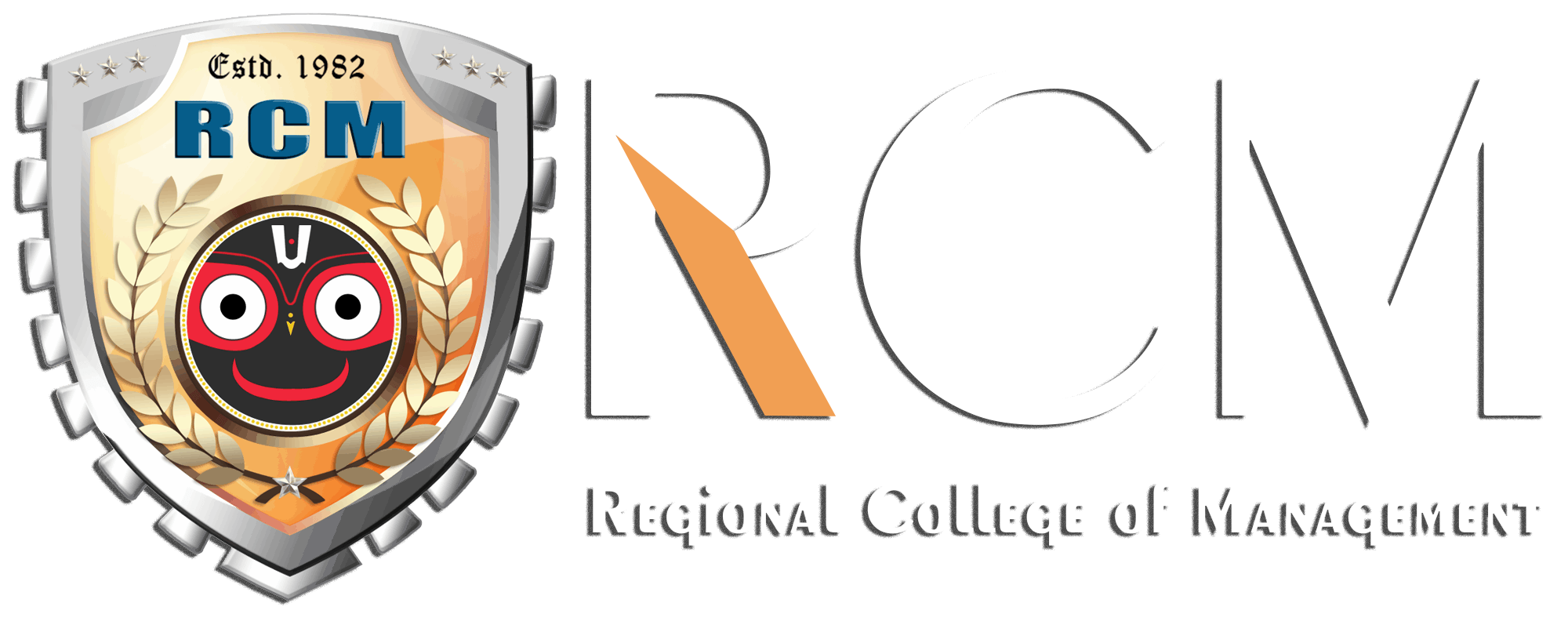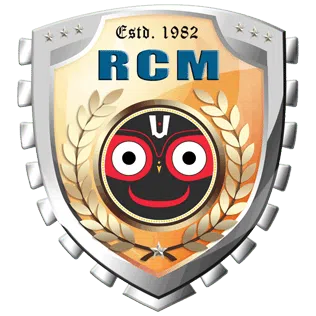Blockchain technology has often been synonymous with cryptocurrencies like Bitcoin and Ethereum. However, its potential extends far beyond digital currencies. In this blog, we will delve into the exciting world of blockchain and explore its diverse applications across various industries.
From supply chain management and healthcare to voting systems and intellectual property, blockchain has the power to revolutionize how we transact, collaborate, and trust in the digital age.
Blockchain in Supply Chain Management
Blockchain technology can transform supply chain management by enhancing transparency, traceability, and efficiency. We will explore how blockchain enables secure tracking of goods, eliminates counterfeit products, and streamlines processes through smart contracts. Case studies and real-world examples will illustrate the tangible benefits of implementing blockchain in supply chains.
Blockchain in Healthcare
The healthcare industry stands to gain immensely from blockchain’s capabilities. We will discuss how blockchain can improve patient data management, securely share medical records, enable drug traceability, and facilitate clinical trials. Additionally, we will explore the potential for blockchain to enhance interoperability among healthcare systems, leading to better patient outcomes and streamlined processes.
Blockchain in Voting Systems
Traditional voting systems often face challenges related to transparency, security, and trust. Blockchain offers a decentralized and immutable platform for secure voting.
We will examine how blockchain can enhance the integrity of electoral processes, enable remote voting, and provide verifiable results. By eliminating fraud and increasing voter trust, blockchain has the potential to revolutionize democratic processes worldwide.
Blockchain in Intellectual Property
Intellectual property rights are critical in the digital age, where ideas and creations can be easily replicated. We will explore how blockchain can create a secure and transparent platform for registering, tracking, and enforcing intellectual property rights.
Smart contracts can automate royalty payments and ensure fair compensation for creators, fostering innovation and protecting creative works.
Blockchain in Finance and Banking
While cryptocurrencies are part of the financial realm, blockchain can transform traditional banking systems as well. We will discuss the potential for blockchain to streamline cross-border transactions, reduce intermediaries, enhance security, and improve financial inclusion. Blockchain-based solutions like decentralized finance (DeFi) and tokenization have the potential to reshape the future of finance.
Conclusion
Blockchain technology’s potential goes far beyond cryptocurrencies, offering solutions to challenges faced by diverse industries. By enhancing transparency, security, and trust, blockchain has the power to revolutionize supply chain management, healthcare, voting systems, intellectual property, and finance.
Embracing these blockchain applications can lead to increased efficiency, reduced costs, improved trust, and transformative changes in various sectors. As we continue to explore and innovate with blockchain, we are witnessing a paradigm shift in how we interact, transact, and collaborate in the digital era.




















